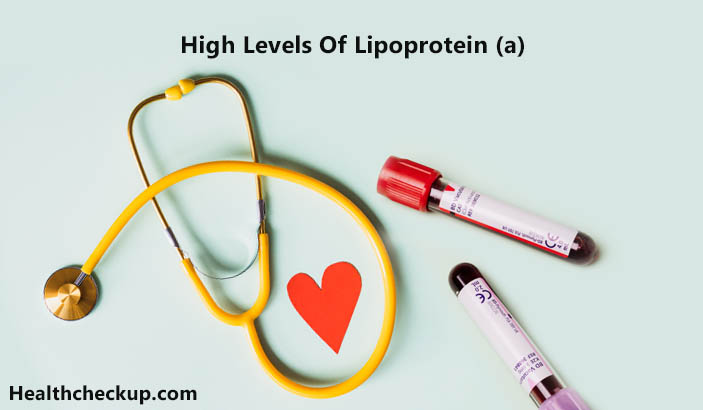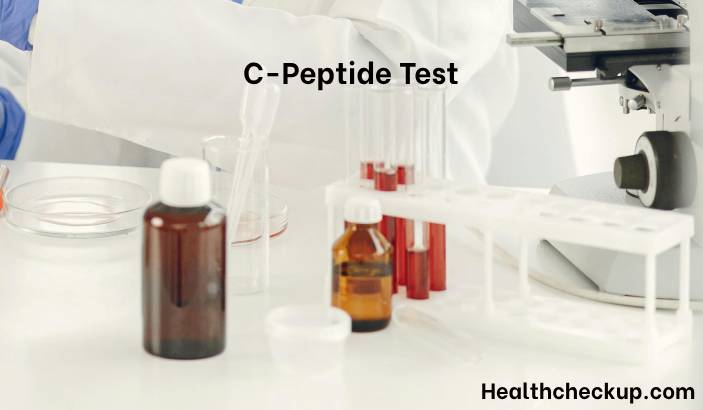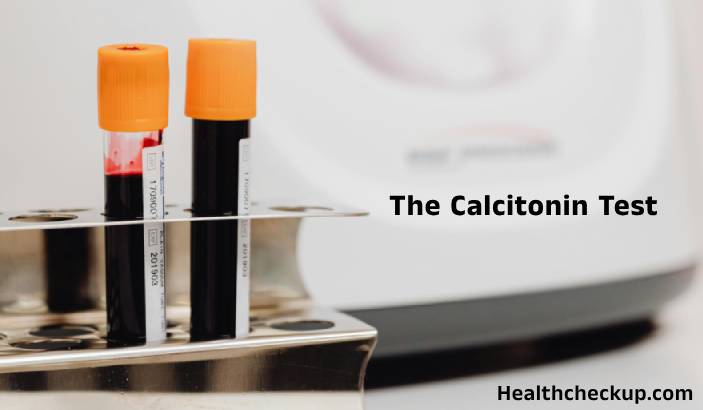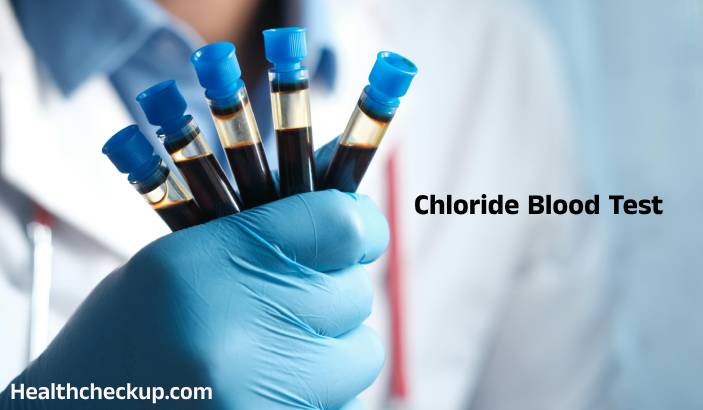The best way to know if you are prone to develop heart diseases is to get a lipoprotein (a) test done. If your test says you have high levels of lipoprotein, then the chances of falling prey to cardiovascular diseases are high.
What Is A Lipoprotein(a) Test?
A lipoprotein(a) test also known as Lp(a) or cholesterol Lp(a) measures lipoprotein(a) levels in the blood. Lipoproteins are made of fat and protein that transmit cholesterol through the bloodstream. In general, there are 2 major cholesterol types;
- High-density lipoprotein (HDL), or “good” cholesterol
- Low-density lipoprotein (LDL), or “bad” cholesterol.
Lipoprotein(a) is a form of LDL (bad) cholesterol. A doctor may suggest an Lp(a) test know a person’s health in detail. Besides, a doctor may even order this test if a person has a family history of heart attacks, heart disease, or heart problems. They may even prefer this test if the LDL or high cholesterol levels do not act to treatment.
[Also Read: Normal HDL, LDL, and total cholesterol levels]
Why Is A Lipoprotein(a) Test Done?
A doctor usually asks for this test if a person has other risk factors that can lead to heart diseases. Results aid in determining the risk levels.
Increased Lp(a) amounts in the body are linked to inflammation in the artery walls. This situation can cause variations in the blood vessels, inclusive of atherosclerosis. It isn’t a routine lab test and usually suggested to people who are prone to heart problems of every kind.
Who Needs This Test?
A person may need this test if he/she has;
- Heart disease, despite normal results on other kinds of lipid tests
- High cholesterol, even with healthy food eating habits
- A family history of heart diseases, particularly heart diseases that have taken place at early ages and/or unexpected deaths due to heart ailments.
How Is The Test Done?
This test follows the normal routine as any other blood test. Blood is drawn from veins present in arms using a needle. Such collected blood is sent for tests. Usually, the test is not associated with any kind of risk.
Preparation For The Test
One needs to fast for 12 hours before going for the test which means a person should not eat or drink anything for the said period. Similarly, a person should also abstain from smoking for 12 hours.
If you have had a fever you may have to wait for several days before the test.
[Also Read: Blood tests that require fasting]
High Levels Of Lipoprotein In The Blood
The Lp(a) test results will differ based on the lab where the test has been conducted. Normal levels for the test are less than 30 milligrams per deciliter (mg/dL). In the majority of the cases, there will be no detectable levels of Lp(a) in the bloodstream.
If the result is higher than the 30 mg/dL edge it indicates high levels of lipoprotein in blood besides the augmented risk of atherosclerosis, heart stroke, or attack.
Speak with doctors about the high results as they would suggest methods to normalize the levels.
Causes Of High Lipoprotein In Blood
Though LDL normally is affected by diet, exercise, and family history, Lp(a) typically is dependent on genetics. Lp(a) levels remain almost unchanged throughout life, however, a few specific conditions such as the below can heighten the quantity of it in the body.
- Hypercholesterolemia, a health condition characterized by high blood cholesterol levels
- Estrogen depletion
- An underactive thyroid gland or severe hypothyroidism
- Uncontrollable diabetes
- Renal failure
- Nephrotic syndrome
Tips To Maintain Normal Lipoprotein Levels
Small lifestyle changes and healthy diet maintenance such as the below will do the magic for you.
- Reducing saturated fats is one of the ways to maintain a good cholesterol level. Saturated fats are primarily found in full-fat dairy edibles and red meat. Eating less of these will lower lipoprotein levels.
- Eliminate trans fats that are present in foods labeled as “partially hydrogenated vegetable oil”.
- Eating foods high in omega-3 fatty acids such as salmon, herring, walnuts, flaxseeds, and mackerel.
- Increase intake of soluble fiber that’s found in oatmeal, Brussels apples, pears, sprouts, and kidney beans.
- Add a good amount of whey protein to your daily diet.
- Exercise and keep the body physically active. See that you exercise at least 30 minutes 5 times per week.
- Quit smoking.
- Lose weight accordingly.
- Drink alcohol in moderation as alcohol increases bad cholesterol.
High levels of lipoprotein is a bad sign however, there is no need to panic, focus on good eating, and maintaining a healthy lifestyle.

Sudheendra is a passionate blogger for 8 years and holds a Degree in Journalism & Mass Communications. His writings particularly focus on health, medicine, diet & lifestyle. For him, everything that interlinks and relates to health & medical world entices him. His write-ups aim at educating people not by just giving facts but by infusing human touch.








